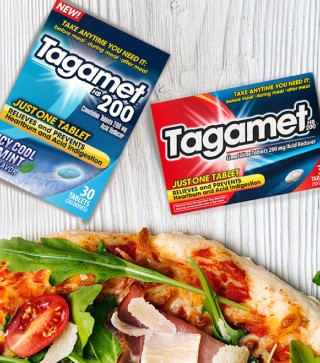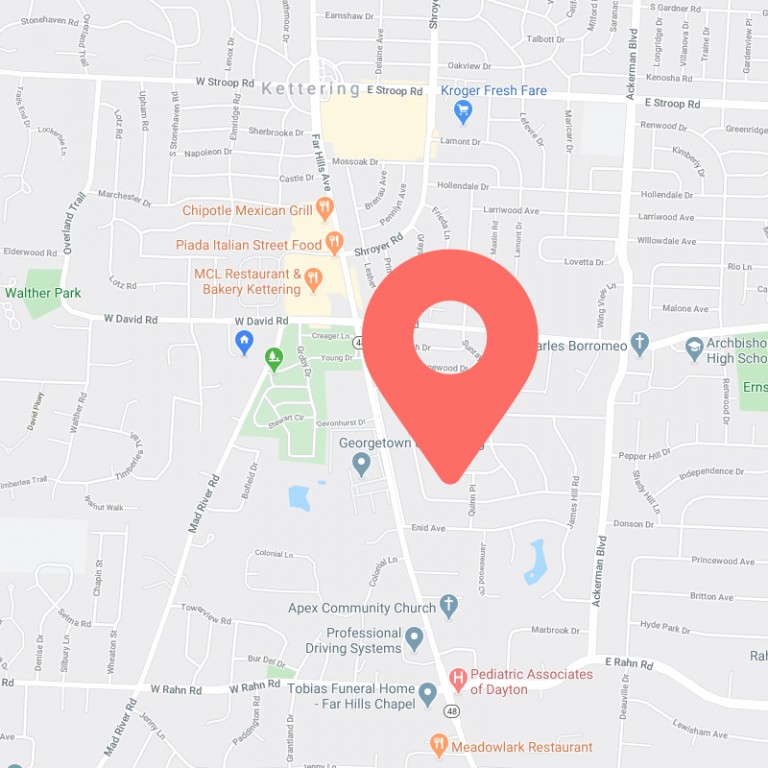Can heartburn be prevented?

There’s nothing that ruins a delicious and satisfying meal quite like heartburn that comes on afterward. The good news is that even frequent heartburn sufferers can prevent that burning feeling of indigestion. In many cases, changing just some of your lifestyle habits may make a difference.
Look at the list below and see which ones might apply to you. Some are pretty easy to do, like don’t lie down right after eating. Others may take a little time to get used to, like changing your diet or avoiding your favorite spicy foods. If heartburn is a frequent issue for you, you should also talk with your doctor about what changes are most likely to help.
Here are eight ways to help prevent heartburn:
1. Avoid foods and drinks that you know trigger your heartburn.
Alcohol, carbonated drinks like soda, coffee and other caffeinated beverages can trigger heartburn. Spicy foods, fried foods, garlic, onions, tomato sauce, chocolate and citrus fruits like oranges and lemons can cause acid reflux and heartburn. Even peppermint and spearmint—two things people often think might settle their stomach—can cause heartburn as well.
The key is to notice what foods you ate or beverages you drank just before you felt heartburn. If you do this several times, a pattern should emerge and you should be able to figure out which foods or drinks are triggering your discomfort. If the trigger is not clear, maybe your heartburn is being caused by something else.
2. Eat smaller meals; stop eating before you feel full.
The more food you eat in one sitting, the more acid your stomach must produce to digest that food. In addition, as the stomach starts filling up, if you continue to swallow more food, the muscle (lower esophageal sphincter, or LES) that sits between the esophagus and the stomach stays relaxed. The stomach also stays enlarged for longer periods of time when eating too quickly or eating too much. This extended pressure on the LES can cause food and acid from the stomach to start backing up into the esophagus. Consistently overeating can damage this muscle and make it less likely to function properly over time, causing more frequent acid reflux and heartburn.
3. Do not lie down right after eating; wait at least 3 hours.
If you lie down right after a large meal, you can put too much pressure on the muscular valve between the stomach and the esophagus. That pressure can cause food and acid to back up and voila, cause heartburn.
4. Sleep with your head raised six to eight inches.
If you are more prone to heartburn and acid reflux, you might get some relief by sleeping with your head raised. This follows the same concept as above—lying flat can put pressure on the LES between the stomach and the esophagus, causing it to relax. If this muscle is already weakened, lying flat can cause stomach contents to leak into the esophagus. By raising the top half of your mattress or even just sleeping with your head raised, you can prevent that pressure from happening.
5. Eat low-fat, low-fiber meals before exercising and wait at least two hours to be active.
Low-fat, low-fiber foods require less acid to breakdown and digest. When there’s less acid and food moves more easily through the stomach and digestive system, there’s less chance of acid or stomach contents backing up into the esophagus. Choosing leaner meats, vegetables and non-citrus fruits can reduce your risk of getting heartburn for this simple reason.
6. Lose excess weight if you are overweight.
People who are overweight tend to eat more food in one sitting, which can leave the stomach stretched out for longer periods, putting excess pressure on the LES at the top of the stomach. Too much pressure can cause this valve to relax and stomach contents to back up into the esophagus causing heartburn. Excess weight around the stomach can also put pressure on the stomach and muscles involved in digestion causing heartburn as well.
7. Keep your blood glucose under control if you have diabetes.
People with diabetes often have high levels of blood sugar (glucose), which can damage the nerve that controls the muscles in the stomach that break up food and move it through the rest of the digestive system. If those stomach muscles don’t work properly due to the nerve damage, food moves slower or stops moving for periods of time. The stomach then produces more acid to try and digest the slowed or stopped food, and this increase in acid can back up through the esophagus and cause heartburn.
8. Quit smoking or vaping.
Nicotine, which is in cigarettes and e-cigarettes, relaxes the muscle, the LES, between the esophagus and stomach. Menthol also has a relaxing effect, so smoking cigarettes with menthol or vaping using a menthol-flavored liquid can relax this muscle even more. As we know, when that muscle relaxes, food and acid can back up, causing heartburn.
Like nicotine, other drugs—including prescription medicine—can cause heartburn as well. If you regularly take medicine for a chronic condition that has acid reflux or heartburn listed as a side effect, talk to your doctor to see if there is a different medicine you can take that will not cause heartburn.
If you sit down to a meal you know will cause heartburn or unexpectedly experience symptoms, try using Tagamet HB 200® tablets as directed before, during or after your meal. Tagamet® prevents and relieves heartburn, acid indigestion and sour stomach by temporarily reducing the amount of acid that is produced in your stomach. Plus, it contains cimetidine instead of ranitidine and is FDA approved as a safe alternative to Zantac.


